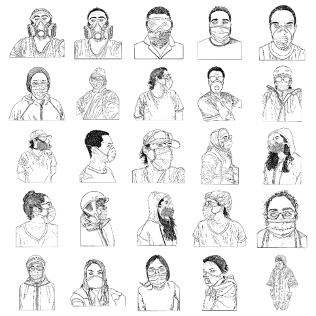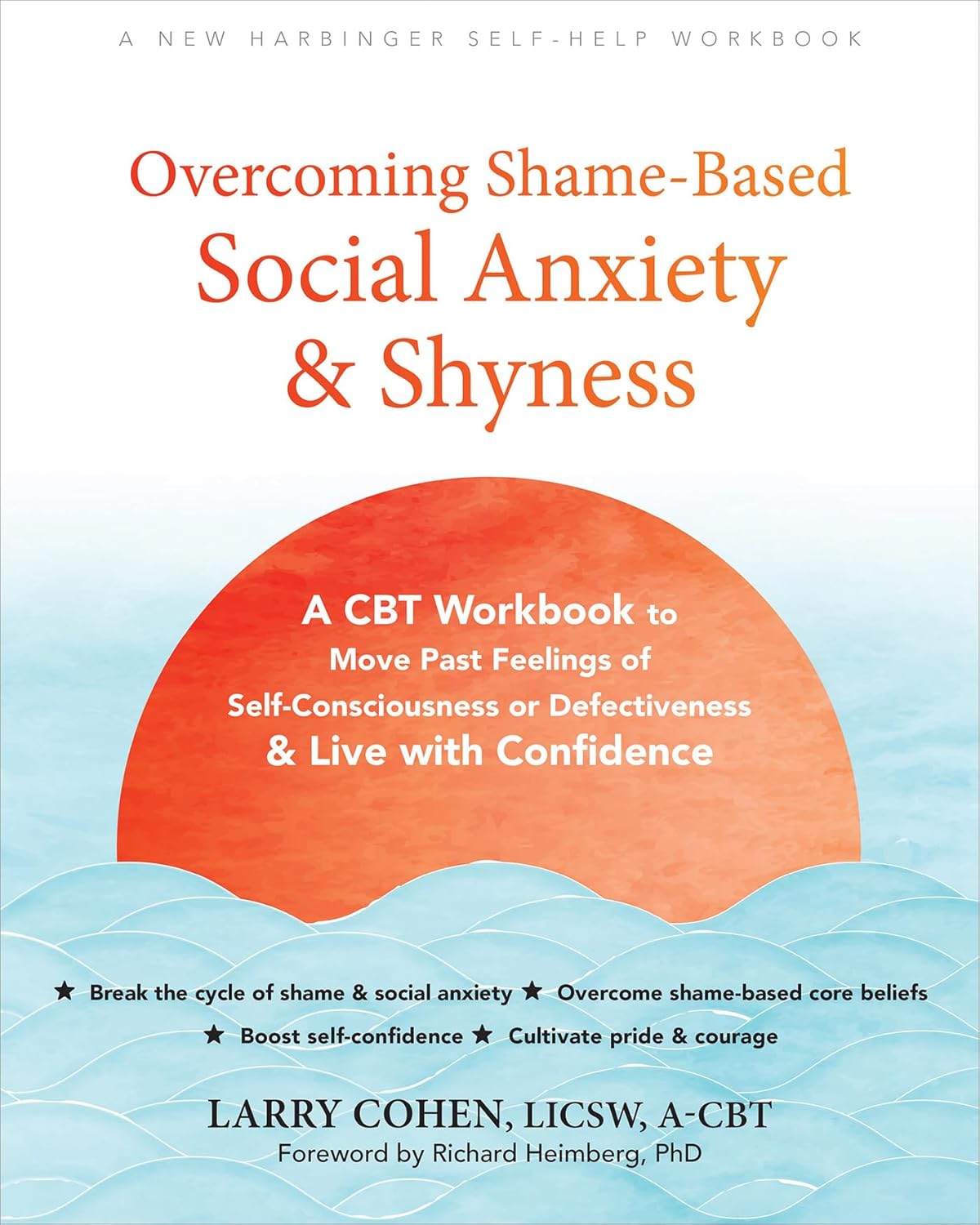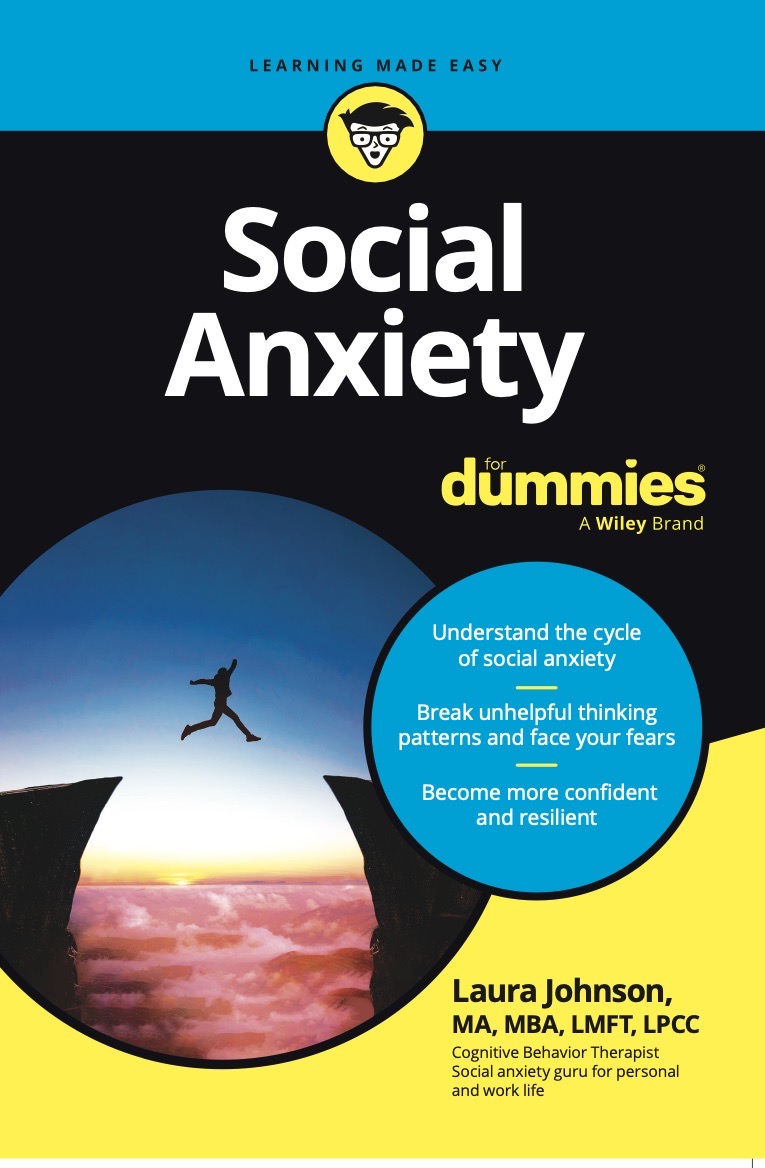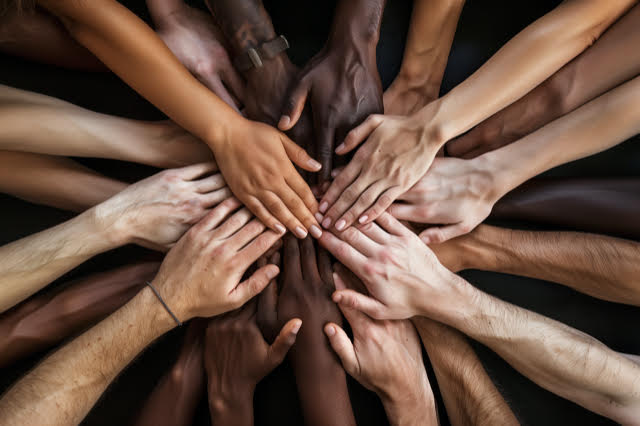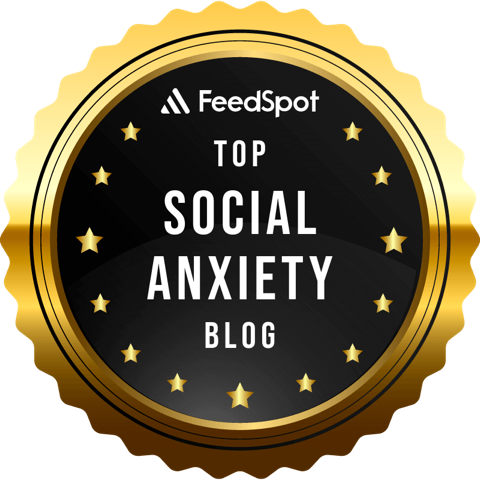To see one in all and all in one is to break
through the great barrier which narrows one’s
perception of reality.
-Thich Naht Hanh.
The illusion of the self and learned beliefs
If you have ever experienced social anxiety intensifying to the point of significant distress or interfering with your goals in life, you are all too familiar with the self-critical thoughts and expectation of judgment from others that comes along with it. The suffering of these thoughts are often thought to find their origin in what Cognitive-Behavioral Therapy (CBT) calls core beliefs, which are global and longstanding “truths” of how we see ourselves, others, and the world. These beliefs are often based on life experiences and conditionings, rigidifying over time into a theme of oneself that may sound something like “I’m inadequate” or “I don’t belong” in the case of social anxiety. Once formed, such distorted and unhelpful core beliefs often contribute to a pattern of perceiving, thinking, and responding to others and social situations in ways that further perpetuate their assumed reality and inherent suffering.
Be a truth-seeker!
Buddhist Psychology shares an aim of CBT in seeking to liberate our thoughts and beliefs of ourselves from such places of ignorance and judgment, and towards a clearer and more compassionate grasp of who we really are. Buddhist psychology distinguishes between our identification with ourselves as distinct, separate, and conditioned beings, i.e. the negative core beliefs and storylines our minds perpetuate about ourselves and others, compared to the truth of who we really are as one connected and inter-dependent Self. This fundamental shift in identity runs parallel with the pillar of compassion towards all inter-connected beings…including you!
Given that core components understood to maintain social anxiety include negative core beliefs and images, self-criticism, and negative self-focused attention, it makes sense research has demonstrated that people with Social Anxiety Disorder demonstrate much less self-compassion. In addition, studies support the Buddhist contention that compassion facilitates skillful engagement with others, while self-focus and negative preoccupation inhibits our ability to connect.
 How can we practice letting go of the attachment to ourselves as a separate and disconnected reality, let alone one defined by a negative conditioned belief, and bring compassion to an identity of a greater self that we and others are a part of? Some initial steps might include:
How can we practice letting go of the attachment to ourselves as a separate and disconnected reality, let alone one defined by a negative conditioned belief, and bring compassion to an identity of a greater self that we and others are a part of? Some initial steps might include:
- Practice self-compassion by offering an intention of understanding and kindness to your moments of anxiety or distress.
- Try to find distance from the storyline of your distress, and see yourself as part of a larger human experience. We all know suffering.
- Practice mindfully and non-judgmentally observing your thoughts and feelings, offering them the space they need without engaging or pushing them away.
- Begin a daily practice of self-compassion meditation, an example can be found at: https://soundcloud.com/dennis-tirch-phd
- When noticing your attention is becoming preoccupied with yourself, or of yourself being evaluated by others, practice shifting your awareness to a compassionate focus on another person present, considering their feelings, needs, sufferings, etc.
- Practice intentionally making “mistakes” socially and normalize the experience as being imperfectly human, just like everyone else.
- Practice taking a video or audio recording of yourself performing a social task such as giving a brief talk, then viewing it repeatedly with compassion and non-judgment.
- Continue learning and practicing different vehicles for self-compassion: http://self-compassion.org
Written by,
Robert Yeilding, Psy.D.
NSAC Newport Beach / Orange County
References:
Self-Compassion and Social Anxiety Disorder
Kelly H. Werner, Ph.D.,1 Hooria Jazaieri, M.A.,1 Philippe R. Goldin, Ph.D.,1 Michal Ziv, Ph.D.,1 Richard G. Heimberg, Ph.D.,2 and James J. Gross, Ph.D.1
Buddhist Psychology and Cognitive-Behavioral Therapy. A Clinicians Guide. Dennis Tirch, Laura Silberstein, Russell Kolts. 2016.
Share this blog post




